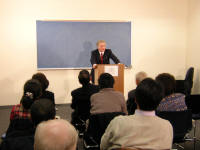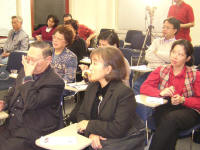As Taiwan was settled by waves of Han-Chinese from the Minnan speaking areas of Fujian and the Hakka-speaking areas of northern Guangdong, a sense of both local, regional and island – wide identity began to develop. By the 1870s, Taiwan had become a province of the Qing Empire, thus reinforcing the people’s sense of being part of a larger Han cultural, political and social entity.
Yet, just at this moment of integration the Qing rulers hand Taiwan over to the Japanese as a spoil of war. The Japanese conquest of Taiwan changed Taiwan dramatically, making it a far more modern area than most of the Chinese mainland. This Japanese takeover and the subsequent wave of socio-economic, linguistic and cultural changes that were imposed upon the Taiwanese, forced the Han-Chinese population to redefine just who they were.
The second wave of colonialism, the Guomindang takeover, led to another wave of development of the island along corporatist lines. This new invasion forced these pre-1945 Han immigrants to again assess who they were.
The struggle for ethnic identity – for a Taiwanese identity – continues to this day. This talk traces the evolution, in stage after painful stage, of this process of identity formation.




